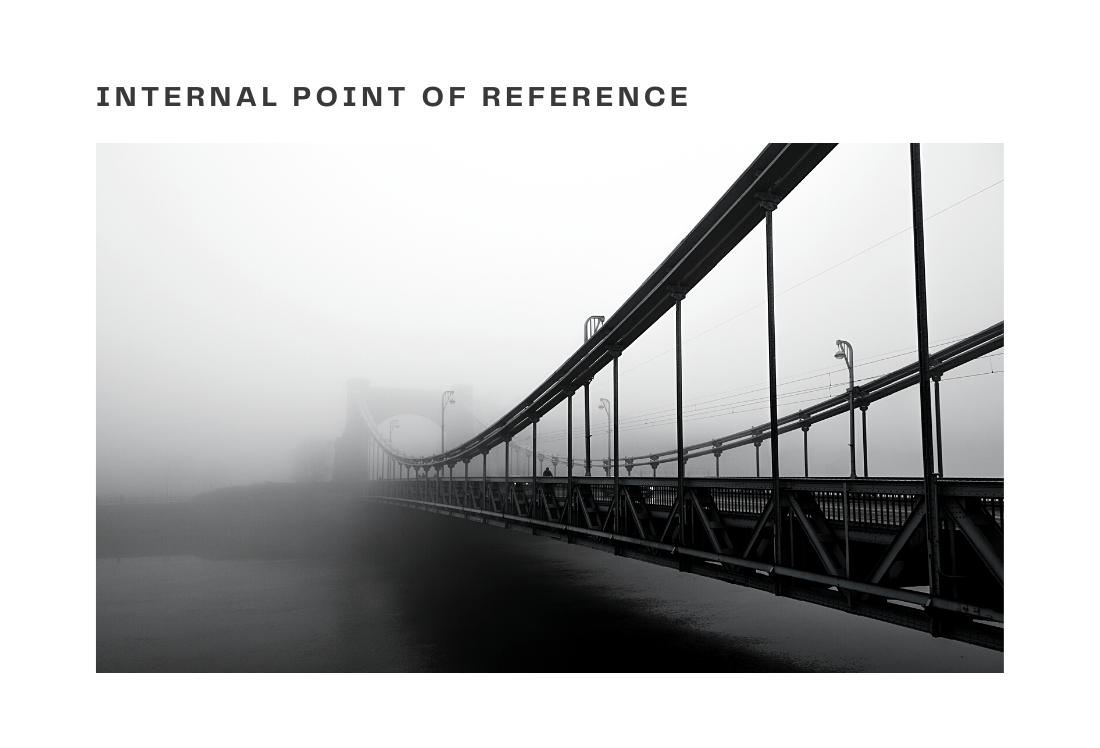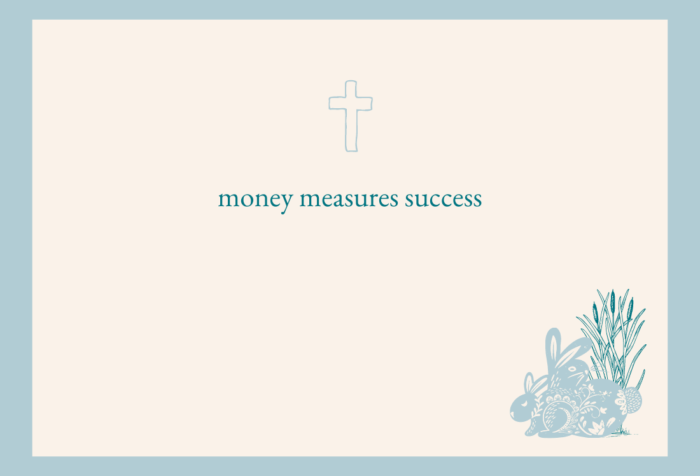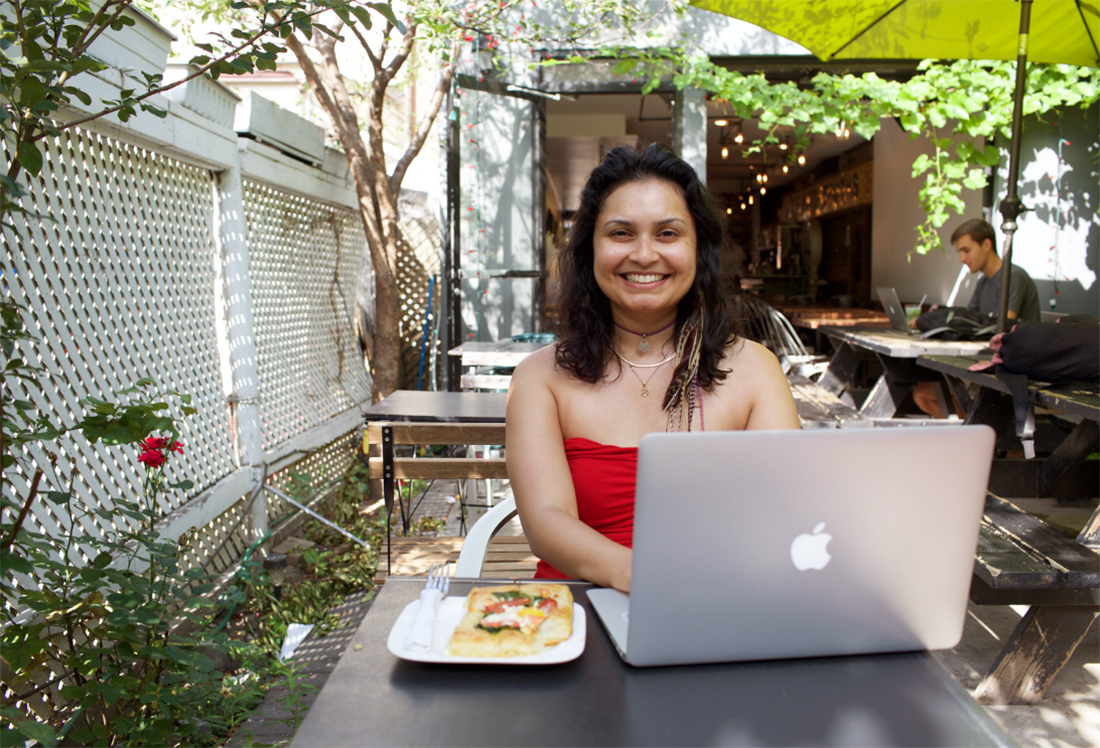This story will illustrate an internal point of reference. I visited my friend, Zita, recently at a tiny beach town in Mexico, called Sayulita. She was chatting at dinner about her recent trip to Las Vegas. And how when she told her friend about the trip, the friend said immediately, “You are so lucky you are in party central.”
My friend quickly informed her that she sleeps early and has no intention of going to any parties, drinking, or clubbing at all. Her friend was so disappointed in her. And said, “You HAVE to go to at least one party when you are in Vegas.”
We then started talking about internal points of reference vs. external. And how this was a really good example of a person who holds themselves by external points of reference. Rather than internal. My friend, Zita, of course, had a very strong internal point of reference. This told her, that if she didn’t want to dance, or party, even if everyone else in Vegas was doing that, she didn’t have to.
An internal point of reference makes judgments, decisions, and holds beliefs, based on something inside of them, some belief system or vision that they hold dear to themselves. They are the kinds of people who will do something even if no one else on the planet is doing it if it is important to them. And they are the kinds of people who refuse to do something if they don’t wish to. Even if every other person on the planet is doing it.
Having An Internal Point Of Reference Makes Decision Making Easier
I have found that having an internal point of reference has made life so much easier for me. It’s because I don’t have to ask friends, or parents, or siblings to figure out what my decision should be. If I wish to go traveling, I don’t need to ask everyone else what they think I should do.
If I want to travel to a place, even if it’s absolutely not the kind of place that someone would travel to, if I wish to go there, I would go there. It doesn’t matter what everyone else thinks of it. It’s what I think of it.
It’s all about holding a very strong value system, which cannot be budged no matter what happens. This kind of stubbornness is sometimes seen as a weakness. And it can become one if we are not balanced enough to be flexible sometimes. But I have found that if I can hold an internal point of reference, there is little doubt in me.
When we look towards others to help us with our decision-making process or our life in general, there are so many varying opinions that come at us. So many different people have so many different ideas about how to live, what to do, and where to go. It can be extremely frustrating, especially if you have to oblige several different people by taking into account all of their separate and different advice.
Frustrating, and tiresome.
Our Values Need To Be Followed to a T
I think the only time I would use an external point of reference is when I am absolutely unaware of the subject matter. And have no idea what I am talking about. In those cases, I will choose to go with someone else’s opinions or ideas. Especially if it’s a person or a mentor that I trust.
Even then, it doesn’t mean that I would trust this person implicitly without any questioning or feedback. If they say something that doesn’t jibe with my values or my mission/vision, then I would absolutely and utterly go with my own values and mission/vision. Nothing can deter me from that. Not even the solid advice of someone close to me.
The reason I am so adamant about this is that our values are the only thing that is holding us down. If we don’t stick to our values like superglue, then there is a real possibility that we could get distracted. And do something that will result in a million frustrations, as we move further and further away from what is truly important to us.
Our values tell us what matters to us, in a simple and concise way. This means that we can be calm and patient even if or when there is a storm hurling around us. If we could just stick to our values and listen to them in our times of need, I feel like a lot of unnecessary disappointment and frustration could be avoided.



